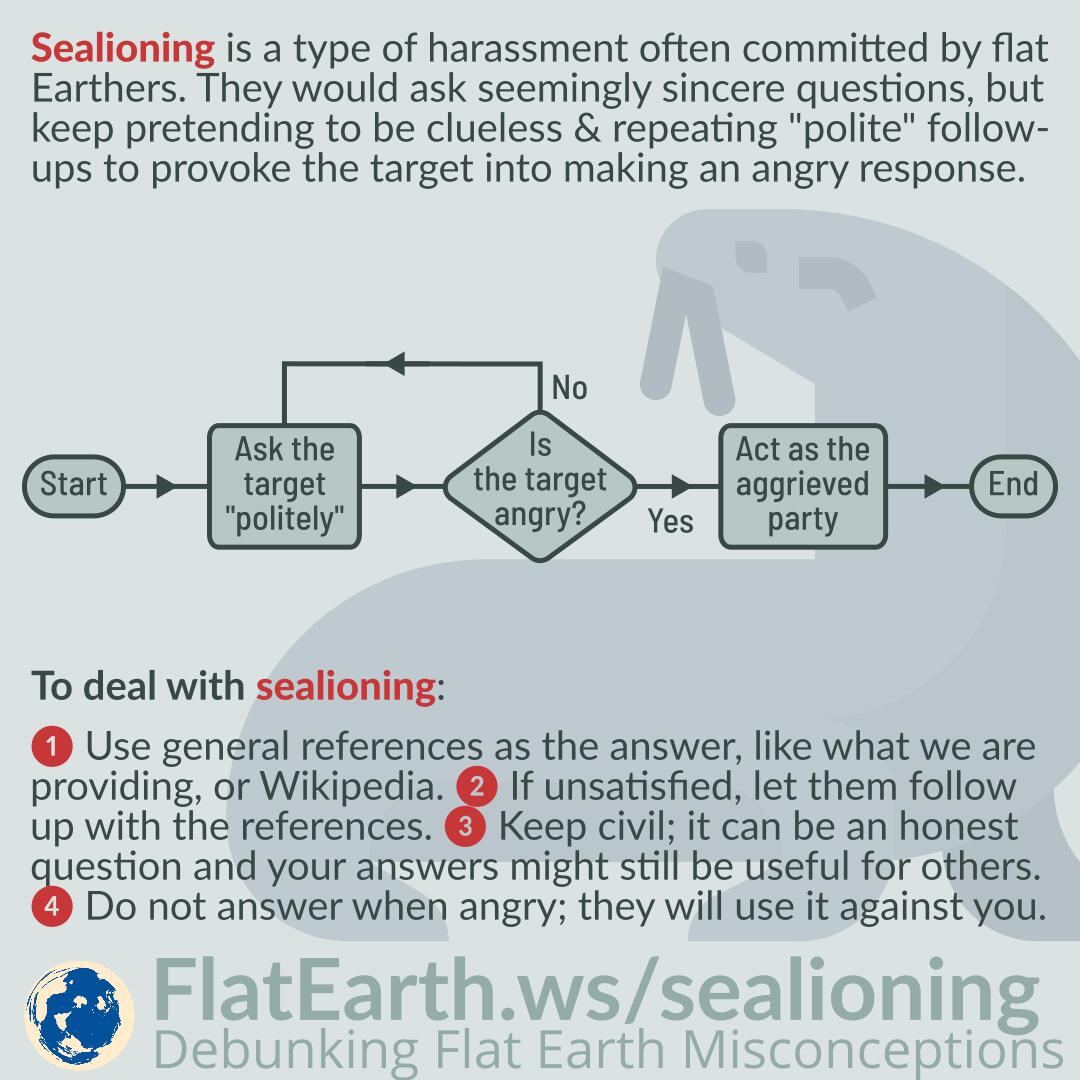the-pi-guy said:
Firstly you were not banned for that post. That was just the most recent post. You're practically describing sealioning, which is widely considered to be trolling. Sealioning refers to the disingenuous action by a commenter of making an ostensible effort to engage in sincere and serious civil debate, usually by asking persistent questions of the other commenter. There's a difference between - asking someone genuine questions and caring about what their answer is. You know actually wanting to be part of the discussion and wanting to learn about someone's perspective - just incessantly asking questions that you don't care about. This is generally considered trolling/harassment. And being polite is generally considered to be part of sealioning.
You were not banned for being conservative, you were banned for how you conducted yourself. |
Ah I see. I wasn't the first to show anger or accuse someone else of an ism, etc, so they must have actually been the victim.
Getting mad or labeling someone a negative term makes them right and you wrong. I'll keep that in mind going forward.
It's not like a bit earlier in that thread it was mentioned that certain users were being targeted. I knew that bullseye shirt was a bad idea.
Paatar didn't seem to be happy or joyful based on the seemingly, sincere, questions and, polite, followups earlier here.
I wonder what type of disciplinary measures will be taken there?
I do find it odd that the Earth is clearly a sphere, and that I'm the one who pointed out how the conversation was kept quite civil.
























































